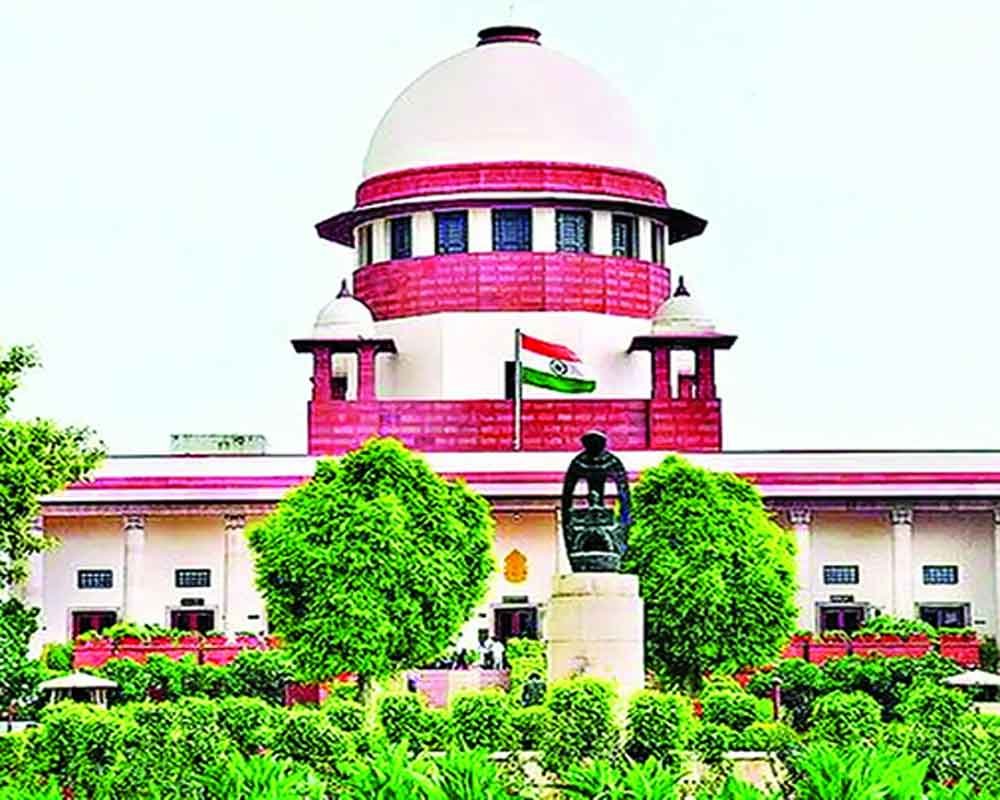If the Government wants BBC to respect our Supreme Court, it should also do the same
Law Minister Kiren Rijiju now talks about the authority of the Supreme Court. Calling the British Broadcasting Corporation’s (BBC’s) two-part documentary on Prime Minister Narendra Modi, ‘India: The Modi Question,’ Rijiju tweeted on Saturday, “Some people in India still haven’t gotten over the colonial intoxication. They consider the BBC above the Supreme Court of India and lower the country’s dignity and image to any extent to please their moral masters.” Earlier, the Ministry of External Affairs had slammed the documentary, which made uncharitable remarks about the Prime Minister. MEA spokesperson Arindam Bagchi called it a “propaganda piece.” Later, more than 300 eminent citizens, including retired judges, bureaucrats, armed forces veterans, and senior cops, condemned the BBC documentary. Rijiju has a point: Modi was cleared of all charges of involvement in the 2002 riots by all courts, so blaming him again for the riots is tantamount to questioning the impartiality and wisdom of the highest court of the land. Further, Modi was cleared of the charges way back in 2012. At that time, not only he or the Bharatiya Janata Party was not in power at the Centre but the Congress-led United Progressive Alliance in New Delhi was also hostile to him. In such a milieu, it was extremely difficult for him or anyone else to get a favourable verdict. And yet, the BBC documentary hauls him over the coals for the riots in which around a thousand people died.
But there is also a ring of irony surrounding Rijiju’s remarks: he is leaning on an institution that he and other Government partisans have been badgering for months. The Government wants to have a say in the appointment of judges, for which it had devised the National Judicial Appointment Commission (NJAC). The judiciary, favouring the current collegium system, invalidated the NJAC in 2015. The Government didn’t like that; its impatience reached a crescendo, with Vice-President Jagdeep Dhankhar recently not just asserting parliamentary sovereignty but also questioning the validity of the basic structure doctrine. This was unprecedented, for nobody ever questioned it. This was not surprising, because changing the basic structure of the Constitution would entail changing the ideas and principles as mentioned in the Preamble. The towering BJP leader and former prime minister LK Advani has upheld the doctrine. Even the Congress finds it inviolable. And now the judiciary, having decided to take on the Government over the issue of collegium, has come out fully in support of the doctrine. Chief Justice of India DY Chandrachud praised the basic structure doctrine on Friday. He said, “The basic structure of our Constitution, like the north star, guides and gives certain direction to the interpreters and implementers of the Constitution when the path ahead is convoluted.” If Rijiju wants the BBC to respect our Supreme Court, he should also do the same.























